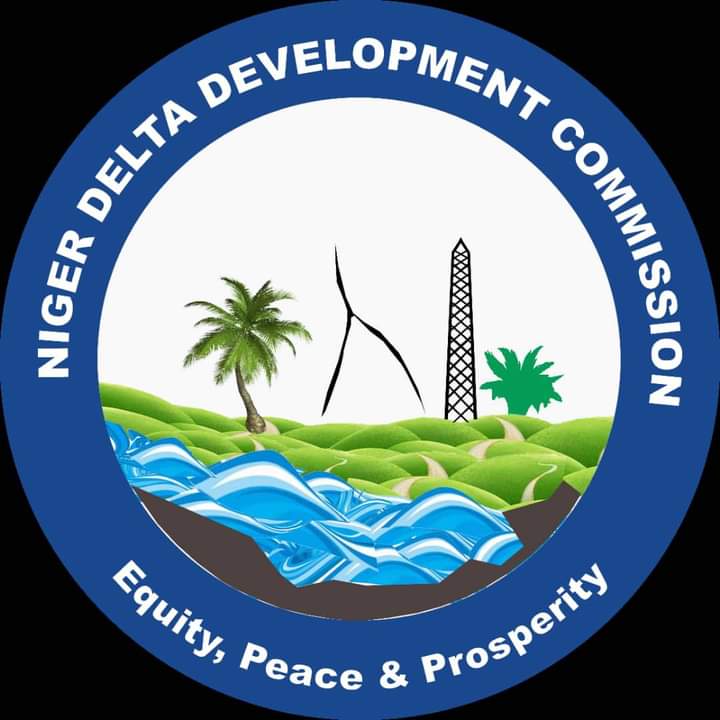Edemenaha Oghenerunor Michelle, is a student of the Faculty of Law, Delta State University, Oleh Campus, wrote on the pains and gains of the recent fuel pump price hike due to subsidy removal by the Nigeria Government.
Introduction:
Nigeria, a country with one of the largest oil reserves in Africa, has recently experienced a significant fuel price hike, causing both pain and gains for its citizens and the economy at large. The increase in fuel prices has sparked heated debates, discussions, protests, and widespread concerns among its citizens. Understanding the pains and gains resulting from this increase is crucial in assessing its overall effects. In this article, we will delve into the reasons behind the fuel price hike, explore the hardships faced by the Nigerian population, and analyze the potential benefits that may arise from this decision.
The fuel price hike can be attributed to several factors. Notably, the global rise in crude oil prices has had a direct impact on the cost of petroleum products within the country. As Nigeria heavily relies on oil exports, fluctuations in international oil markets affect its domestic fuel prices. Additionally, the depreciation of the Nigerian currency, the Naira, against major foreign currencies has further contributed to the increase in fuel prices. This, coupled with the scarcity of foreign exchange and the need to import refined petroleum products have led to higher costs, which are eventually passed on to the consumers.
Characteristically, the immediate consequences of the fuel price hike have hit Nigerian citizens hard. As fuel prices increase, public transportation fares rise, burdening commuters who heavily rely on buses, taxis, and motorcycles for their daily commute leading to a surge in the prices of goods and services across the country. This burden is especially felt by low-income earners and vulnerable groups, who constitute a significant portion of the Nigerian population as the increased cost of living puts additional strain on households, making it harder for individuals to meet their basic needs. Moreover, businesses face higher operational costs, which result in layoffs and reduced job opportunities, further exacerbating the economic challenges faced by the populace. For many Nigerians, fuel is not only used for transportation but also for powering generators due to the unreliable electricity supply in the country. The increase in fuel prices has amplified the already high cost of running generators, making it more challenging for individuals and businesses to cope with the rising expenses.
While the fuel price hike brings about short-term pains, there are potential gains that Nigeria can reap in the long run. The government has argued that the increase is necessary to address subsidy inefficiencies, reduce corruption, and redirect funds towards critical sectors such as education, healthcare, and infrastructure development. By removing fuel subsidies, the government aims to create a more transparent and accountable system that can better allocate resources for the benefit of the entire nation. If properly managed, the additional revenue generated from the fuel price hike could be channeled into projects that foster economic growth and improve the standard of living for Nigerians in the future.
Firstly, the increase in fuel prices can generate additional revenue for the government through taxes and duties imposed on petroleum products. These funds can be channeled towards infrastructure development, public services, and other government projects.
Secondly, higher fuel prices can incentivize investments in local refining capacity such as modular refineries, reducing the country’s dependence on imported petroleum products. This can contribute to the growth of the domestic refining industry and promote self-sufficiency in the long run.
Thirdly, the increase in fuel prices could incentivize investments in alternative energy sources and promote the development of renewable energy infrastructure within the country. This shift towards cleaner and more sustainable energy solutions could reduce Nigeria’s dependence on fossil fuels, mitigate environmental pollution, and potentially lower energy costs in the long run.
Fourthly, the fuel price hike could serve as a catalyst for economic diversification. Nigeria, being an oil-dependent economy, has long recognized the need to reduce its reliance on oil revenues. The increase in fuel prices may encourage the government to implement policies aimed at promoting other sectors such as agriculture, manufacturing, and technology. This diversification could lead to job creation, increased foreign investment, and a more resilient and sustainable economy in the future.
Furthermore, it is important to note that the perception of the fuel price hike and its impacts can vary among different individuals and sectors of society. While some may experience more hardships, others may find opportunities or benefits. Overall, the fuel price hike in Nigeria has a complex set of consequences that need to be carefully analyzed and addressed to mitigate the negative impacts and maximize the gains.
Conclusion:
In conclusion, the recent fuel price hike in Nigeria has undoubtedly caused short-term pains and hardship for the population, with increased transportation costs and a higher cost of living. The protests and public outrage reflect the frustrations of the Nigerian people who demand greater transparency and accountability in the management of the country’s oil resources. However, it is important to look beyond the immediate challenges and consider the long-term gains. Thus, while the immediate effects include increased living costs and economic challenges, there is a potential for the nation to benefit in the long run through improved governance and redirected funds for vital sectors. The fuel price hike could serve as a catalyst for economic diversification and the development of alternative energy sources, leading to a more sustainable and prosperous future for Nigeria.
It is crucial for the government to strike a balance between short-term relief measures and long-term development strategies to ensure that the sacrifices made by the people yield tangible and sustainable improvements. By addressing the concerns of its citizens and effectively managing the newfound resources, while simultaneously implementing policies that promote economic growth and environmental sustainability, Nigeria can overcome the pains and harness the gains for a brighter future.














